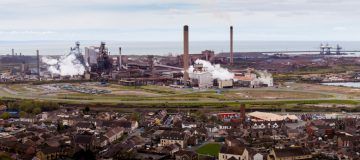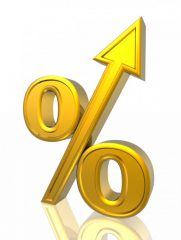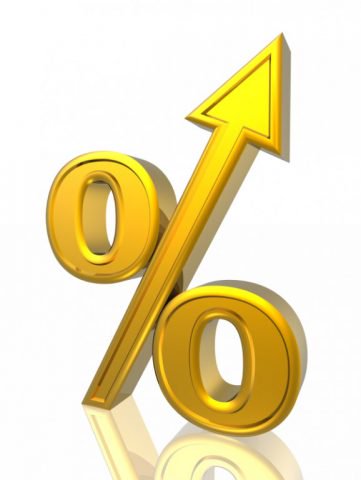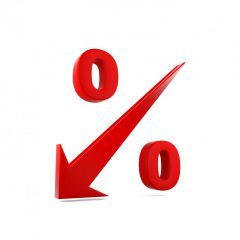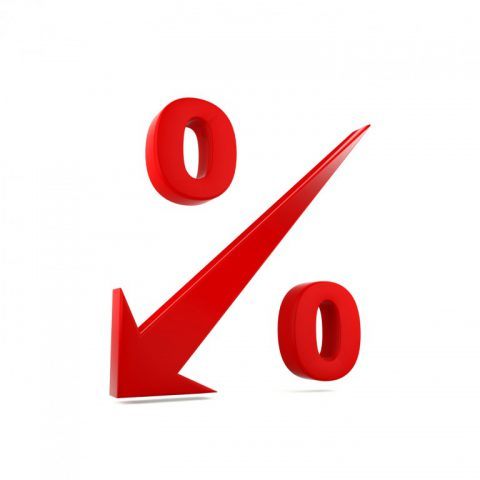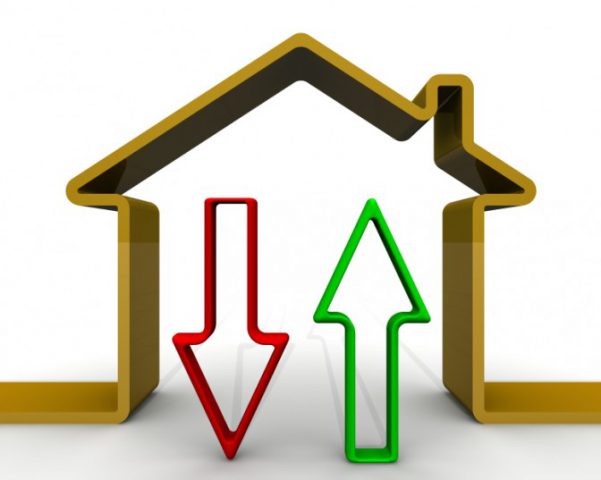House Prices in Port Talbot Bounce Back Despite Steel Works Uncertainty
House prices in the Welsh town of Port Talbot have bounced back, despite uncertainty surrounding the fate of the Tata steel works, which employs around 10% of the population.
Online estate agent eMoov.co.uk has found that the average house price in Wales is now £146,272, and is on the up.

House Prices in Port Talbot Bounce Back Despite Steel Works Uncertainty
Nationally, prices are up by 2% over the past month and 5% annually.
Merthydr Tydfil has experienced the greatest annual increase, of 12%, while Gwynedd saw prices drop by 6% over the same period.
In the past month, the Isle of Anglesey saw the largest decrease in prices, of 2%, on the previous month. But it is Port Talbot that has experienced a shocking turnaround, with prices rising by 9% over the last year – the same growth rate as England as a whole and 5% higher than Wales.
On a monthly basis, house prices in Wales have experienced a marginal decline, while England saw a slight increase of 2% over the same timeframe. Port Talbot, however, has enjoyed a 7% rise on the month.
Tata’s Port Talbot site is one of the largest steel works in the world. It has been at the centre of controversy surrounding its sale and closure, which could result in the loss of thousands of jobs in the community.
Although the future of the steel works still remains unclear, Port Talbot’s increase in house prices over the last year is an encouraging sign for the local community. Discussions are also continuing about a pan-European merger with Tata’s closest competitor, ThyssenKrupp, although no concrete details have been released.
The outcome for Port Talbot might still be in limbo, but if the controversy with the steel works is resolved, the community will experience a newfound stability in the area’s property market. However, if the stalemate continues, homeowners will at least be able to find comfort in experiencing the greatest house price growth of the whole of Wales.
Russell Quirk, the founder and CEO of eMoov, says: “Port Talbot enjoying the biggest monthly increase in property values across Wales is great news for homeowners in the area, after the uncertainty that has plagued the market due to Tata closing the steel works in the area.
“When the local economy relies so heavily on one particular trade or output to survive, it can be disastrous for the local property market when this trade declines drastically or, in this case, disappears altogether. Although the future of Tata steel works is not yet decided for certain, homeowners in Port Talbot have a small silver lining around the dark cloud that has been hanging above them for quite some time.”
